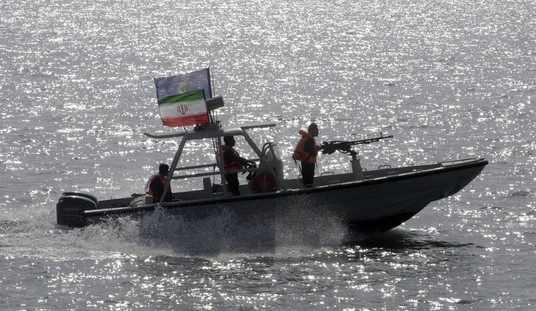Step back for a minute. It is a “known fact” that BP’s actions and handling of the explosion on the Deepwater Horizon caused the oil spill in the Gulf of Mexico.It is an actual fact that the oil spill did not start until after the oil platform sunk.There is a growing body of evidence that the Coast Guard and fire team handling the blaze on the platform made a series of mistakes that contributed to the oil spill. In fact, in one of the first lawsuits filed, the plaintiffs aren’t even going after British Petroleum, but are instead going after the fire crew alleging the crews should have ignored orders from the Coast Guard.
“It was the flooding of the Deepwater Horizon and the resulting sinking of the rig that directly caused the piping to break and begin spewing millions of gallons of oil into the ocean,” Lloyd Frischhertz and Gerald Maples, lawyers for the spill victims, said in a complaint filed in federal court in New Orleans.The lawsuit doesn’t seek damages from BP, rig-owner Transocean Ltd. or the U.S. Coast Guard, which helped direct the firefighting effort. The plaintiffs claim the fireboats violated industry standard procedures that warn against using water cannons to attack pressurized oil fires aboard marine vessels.
The Center for Public Integrity has an investigative report out that backs this up, but implicates the Coast Guard.
The Coast Guard has gathered evidence it failed to follow its own firefighting policy during the Deepwater Horizon disaster and is investigating whether the chaotic spraying of tons of salt water by private boats contributed to sinking the ill-fated oil rig, according to interviews and documents.Coast Guard officials told the Center for Public Integrity that the service does not have the expertise to fight an oil rig fire and that its response to the April 20 explosion may have broken the service’s own rules by failing to ensure a firefighting expert supervised the half-dozen private boats that answered the Deepwater Horizon’s distress call to fight the blaze.
More troubling, it appears that the chaos and lack of Coast Guard supervision may have directly contributed to measures that altered the ballast of the oil rig causing it to list then sink.There is a lot more to be determined here, but it seems more and more the Coast Guard did not follow its own procedures. This might also explain why the Obama Administration has not been as hard on BP as many on the left would like.What did the President know about the Coast Guard’s handling of fire? More importantly, why has the White House withheld the fact that the Coast Guard did not follow its own rules and take charge of the firefighting efforts?Then, of course, we have to ask another question: if the Coast Guard’s actions caused the rig to sink and we already know the oil leaking didn’t start significantly until after the rig sank, is the federal government complicit in the damage?We cannot and should not avoid blaming British Petroleum. We know from what happened prior to the fire, BP has a lot to answer for. But it seems the federal government’s initial response potentially magnified the problem.













Join the conversation as a VIP Member